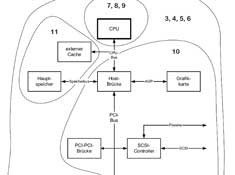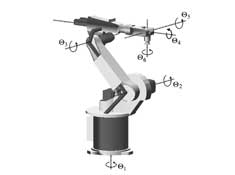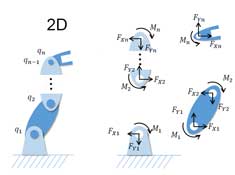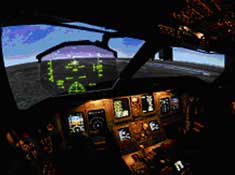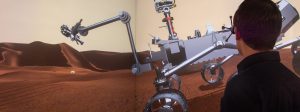Simulation is the “representation of a system with its dynamic processes in an experimentable model to reach findings which are transferable to reality.” State-of-the-art simulation technology makes this possible even for complex networks of interacting Digital Twins. This makes simulation indispensable both for the development and operation of automation systems.
Specific topics:
- Terminology and basic concepts: Asset, system, model, simulation, simulator, verification, validation, calibration, adjustment
- Domain-specific and domain-independent simulation algorithms
- The Digital Twin concept: perspective, structure, related methods
- System decomposition and interaction modelling using Model-based Systems Engineering (MBSE)
- Continuous-time/Discrete-Event Systems
- Modelling of Discrete-Event Systems
- Coupling of Simulation Entities
- The Functional Mockup Interface standard
- Equation-based/signal-oriented simulation (example Matlab/Simulink)
- Physical object-oriented simulation (example Modelica)
- Rigid body dynamics in maximal coordinates
- Simulation of environment sensors (sensor technologies, rasterization, ray tracing)
- Verification and Validation of simulators/models
- Verification and Validation of technical products
- X- (human, hardware, software, model) in-the-loop
- Man-Machine Interaction and Assistance Systems





